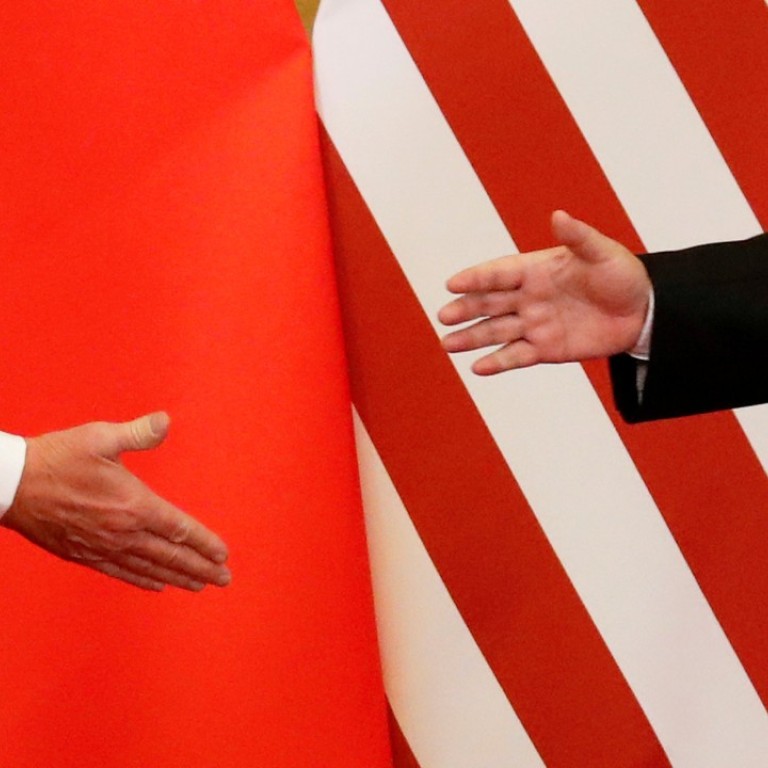
Sino-US collision must be avoided at all costs
Concern of experts at SCMP China Conference shows the need for the two nations to avoid trade showdown and turn to dialogue to build trust
If this newspaper’s annual China Conference puts its finger on the pulse of China-United States relations, we should be worried. An array of expert speakers and panellists were all concerned that relations are on the wrong path. They may have differed in emphasis or values, but they agreed that the result could be disastrous.
As trade frictions increase under President Donald Trump’s “America first” policy, Trump has singled out China as a security and economic threat, raising the perceived risk that the US will take unilateral action against Chinese goods and services. Many fear this could lead to a confrontation with dire consequences not only for the two nations, but for the world economy and stability. That would be a gross perversion of the positive potential of cooperation.
Is there any way to reduce the risk of such a collision? Trade is the flashpoint. The build-up of political forces is strong, including from businessmen who have prospered doing business in China. The American and European chambers of commerce now complain about protectionist tactics.
Pressure is building on Trump to retaliate. After Beijing responded to US concerns by liberalising foreign investment in the financial sector, Washington blocked a smartphone partnership between multinational Huawei and AT&T on what US sources admitted were purely political grounds.
With China’s economy now in transition to a services- and consumer-based model, it may be compared in one respect with the late 1980s and 1990s, when the easing of restrictions on foreign investment in manufacturing improved relations with the West.
One conference speaker cited a foreign capital share of 1-3 per cent of the fast-growing services sector, indicating the West is no longer a stakeholder in China’s success. If you believe China and the US are destined to cooperate even as they manage conflict, that cannot be a good sign.
China’s rise needs foreign businesses to become stakeholders who add value. Services and a growing consumer market offer scope for a win-win outcome. But to put relations back on track, they must first detox the atmosphere.
Ongoing dialogue that builds trust is key. Washington needs to rethink Trump’s decision to scrap the Strategic Economic Dialogue, a framework for discussion launched in 2006. It also needs to rebuild a foreign policy establishment essential to working relations and rapport at the bureaucratic level that are in turn instrumental in constructive contacts between top leaders.
Despite mixed messages from Washington, China needs to foster greater foreign investment in its 21st century economy. That said, it should be remembered, before complaining about protectionism, that many foreign businesses continue to do very well in China because they understand the market.

